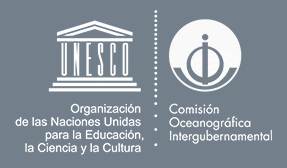Displaying 893 results.

IOC Sub-Commission for the Caribbean and Adjacent Regions (IOCARIBE) – Tenth Session
IOC Sub-Commission for the Caribbean and Adjacent Regions (IOCARIBE) – Tenth Session, Puerto La Cruz, Bolivarian Republic of Venezuela, 22–25 October 2008
Author: IOCARIBE-IOC
Year: 2009
Keywords:
 3
3


 Report issue
Report issue

IOC Sub-Commission for the Caribbean and Adjacent Regions (IOCARIBE), eighth session, Recife, Brazil, 14-17 April 2004
The Eighth Intergovernmental Session of the IOC-Sub-Commission for the Caribbean and Adjacent Regions (IOCARIBE) took place in April 2004, two years after the previous IOCARIBE Session held in Mexico in February 2002, when Brazil’s motion to host this Session was accepted by participating delegates and the Intergovernmental Oceanographic Commission (IOC) of the United Nations Educational, Scientific and Cultural Organization (UNESCO).
Author: IOCARIBE
Year: 2005
Keywords:
 4
4


 Report issue
Report issue

IOC/IUCN/NOAA Consultative Meeting on Large Marine Ecosystems (LME): Report
The ad hoc Consultative Meeting on Large Marine Ecosystems (LME) was held on 15-l 6 March 1998. The consultation was convened by The Intergovernmental Oceanographic Commission (IOC), the US Department of Commerce’s National Oceanic and Atmospheric Administration (NOAA) and The World Conservation Union (IUCN). It was sponsored by IUCN and hosted by IOC at UNESCO headquarters, Paris, France. The meeting was co-chaired by Mr. Ole Henrik Haslund (IOC) and Dr. Kenneth Sherman (NOAA).
Author: IOC-IUCN-NOAA
Year: 1998
Keywords: LME
 4
4


 Report issue
Report issue
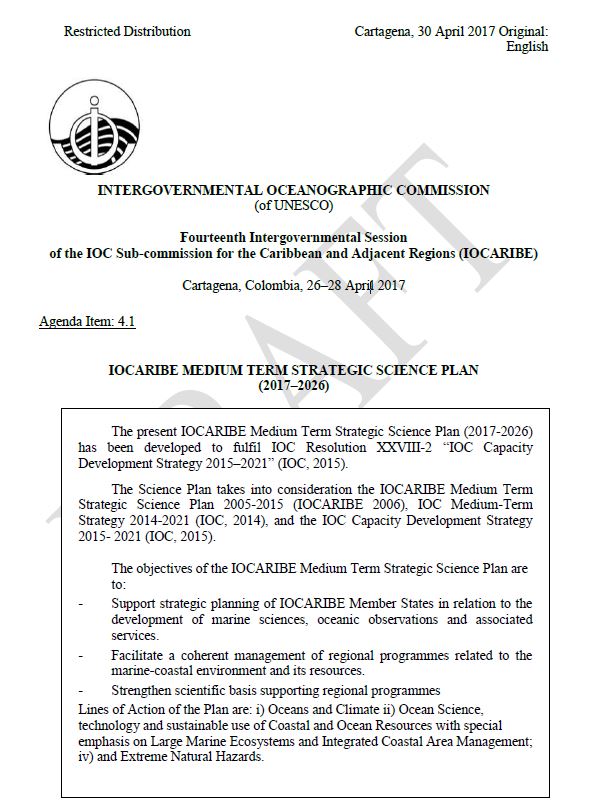
IOCARIBE Medium Term Strategic Science Plan (2017–2026)
The present IOCARIBE Medium Term Strategic Science Plan (2017-2026) has been developed to fulfil IOC Resolution XXVIII-2 “IOC Capacity Development Strategy 2015–2021” (IOC, 2015).
The Science Plan takes into consideration the IOCARIBE Medium Term Strategic Science Plan 2005-2015 (IOCARIBE 2006), IOC Medium-Term Strategy 2014-2021 (IOC, 2014), and the IOC Capacity Development Strategy 2015- 2021 (IOC, 2015).
The objectives of the IOCARIBE Medium Term Strategic Science Plan are to:
– Support strategic planning of IOCARIBE Member States in relation to the development of marine sciences, oceanic observations and associated services.
– Facilitate a coherent management of regional programmes related to the marine-coastal environment and its resources.
– Strengthen scientific basis supporting regional programmes
Lines of Action of the Plan are: i) Oceans and Climate ii) Ocean Science, technology and sustainable use of Coastal and Ocean Resources with special emphasis on Large Marine Ecosystems and Integrated Coastal Area Management; iv) and Extreme Natural Hazards.
Author: IOC Sub-commission for the Caribbean and Adjacent Regions (IOCARIBE)
Year: 2017
Keywords: Large Marine Ecosystems, Monitoring & Evaluation, SDGs, biodiversity, blue carbon, coral reefs, governance, international agreements, marine habitats
 6
6


 Report issue
Report issue
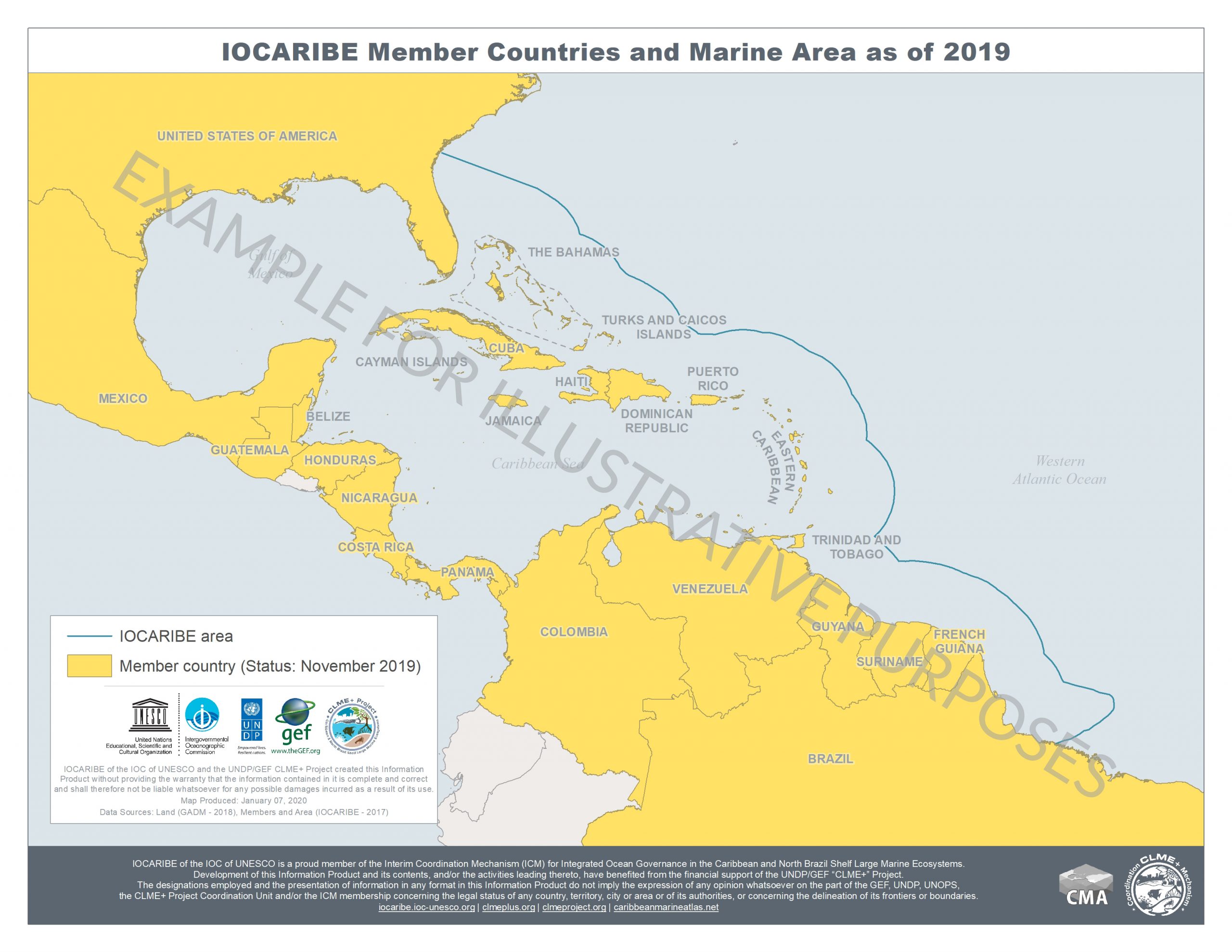
IOCARIBE Member Countries and Marine Areas as of 2019
Author: CLME+ PCU
Year: 2019
Keywords: IOCARIBE Member Countries and Marine Areas as of 2019
 3
3


 Report issue
Report issue
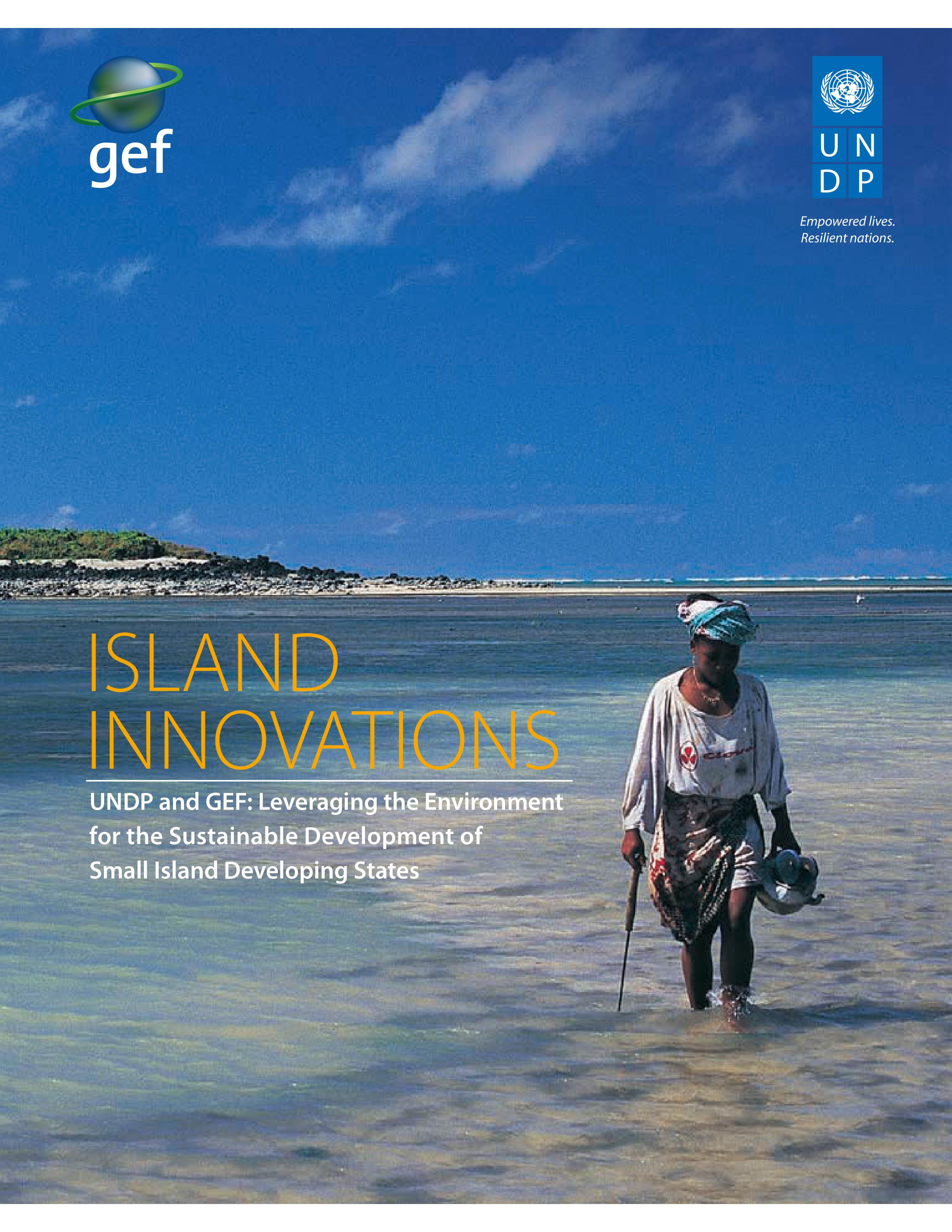
Island Innovations UNDP and GEF: Leveraging the Environment for the Sustainable Development of Small Island Developing States
Small Island Developing States (SIDS) face extraordinary and unique sustainable development challenges as a result of their small size, remoteness, narrow resource and export base, and high dependency on imported fossil fuel. At the same time, SIDS are extraordinarily dependent on healthy ecosystems and a stable climate. Nature-based activities account for a large share of economic activity and job opportunities in SIDS.
This publication, ‘Island Innovations – UNDP and GEF: Leveraging the Environment for the Sustainable Development of SIDS’, demonstrates that far from succumbing to these challenges, SIDS have time and again risen to the task of managing their fragile environments to meet their sustainable development goals.
Author: Stock, P.
Year: 2014
Keywords:
 3
3


 Report issue
Report issue
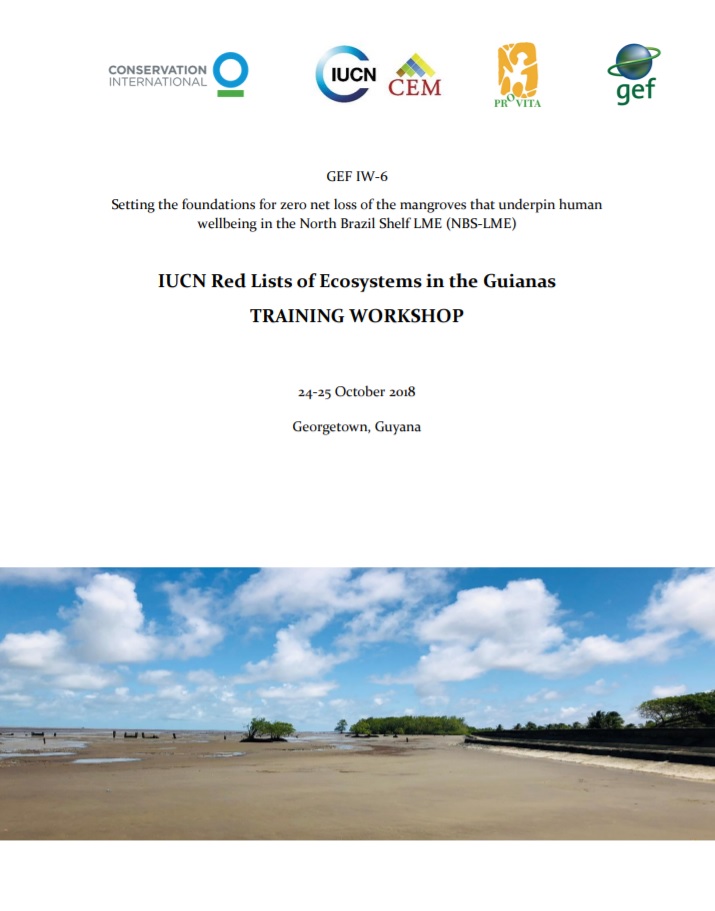
IUCN Red Lists of Ecosystems in the Guianas Training Workshop
In this report, the recently completed workshop on the International Union for the Conservation of Nature (IUCN) Red Listing of Ecosystems methodology is described. The aim of this workshop was to build capacity from partners that are involved in Integrated Coastal Management (ICM) to better understand the use of the methodology. The workshop was facilitated by members of the IUCN Provita and IUCN Commission on Ecosystem Management (CEM).
Author: Conservation International
Year: 2018
Keywords: mangroves
 5
5


 Report issue
Report issue

IUPA: a tool for the evaluation of the general usefulness of practices for adaptation to climate change and variability
A prototype multi-purpose index is proposed for use in the evaluation of practices for adaptation to climate variability and change. The Index of Usefulness of Practices for Adaptation (IUPA) allows the user to assign weights and scores to a set of user-defined evaluation criteria. Individual criterion scores are aggregated into a final index value. Both the final value and the individual parameter scores provide useful information for improved decision making in the context of climate change.
Author: Debels, P., Szlafsztein, C., Aldunce, P., Neri, C., Carvajal, Y., Quintero - Angel, M., Celis, A., Bezanilla, A., and. Martínez, D.
Year: 2008
Keywords:
 4
4


 Report issue
Report issue
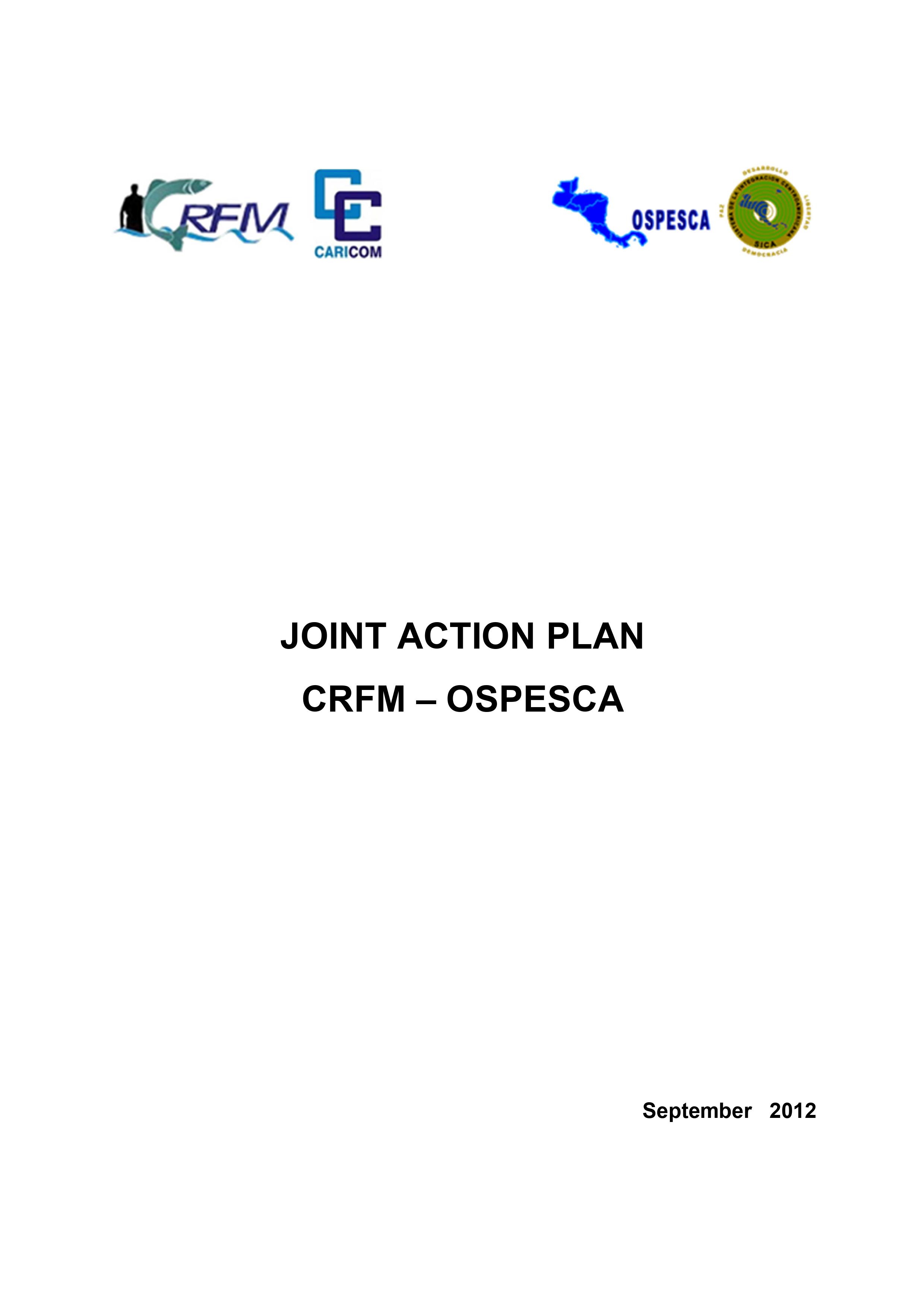
Joint Action Plan CRFM-OSPESCA
This plan aims to outline and to lay the foundation for a joint work program that,
for the first time, will be promoted simultaneously by the CRFM and OSPESCA, taking as its starting point, the Declaration of the Heads of State and Government at the Third CARICOM-SICA Summit in 2011, and trying to integrate the fisheries and aquaculture management efforts of the two sub-regions, eventually to be supported in the future by a fisheries and aquaculture integration policy.
Specifically, the plan aims to establish a regional cooperation arrangement for executing the plan that works in a harmonious and coordinated manner to ensure the sustainability of fisheries and aquaculture based on principles for sustainable and responsible use of the resources.
Author: CRFM/OSPESCA
Year: 2012
Keywords:
 11
11


 Report issue
Report issue
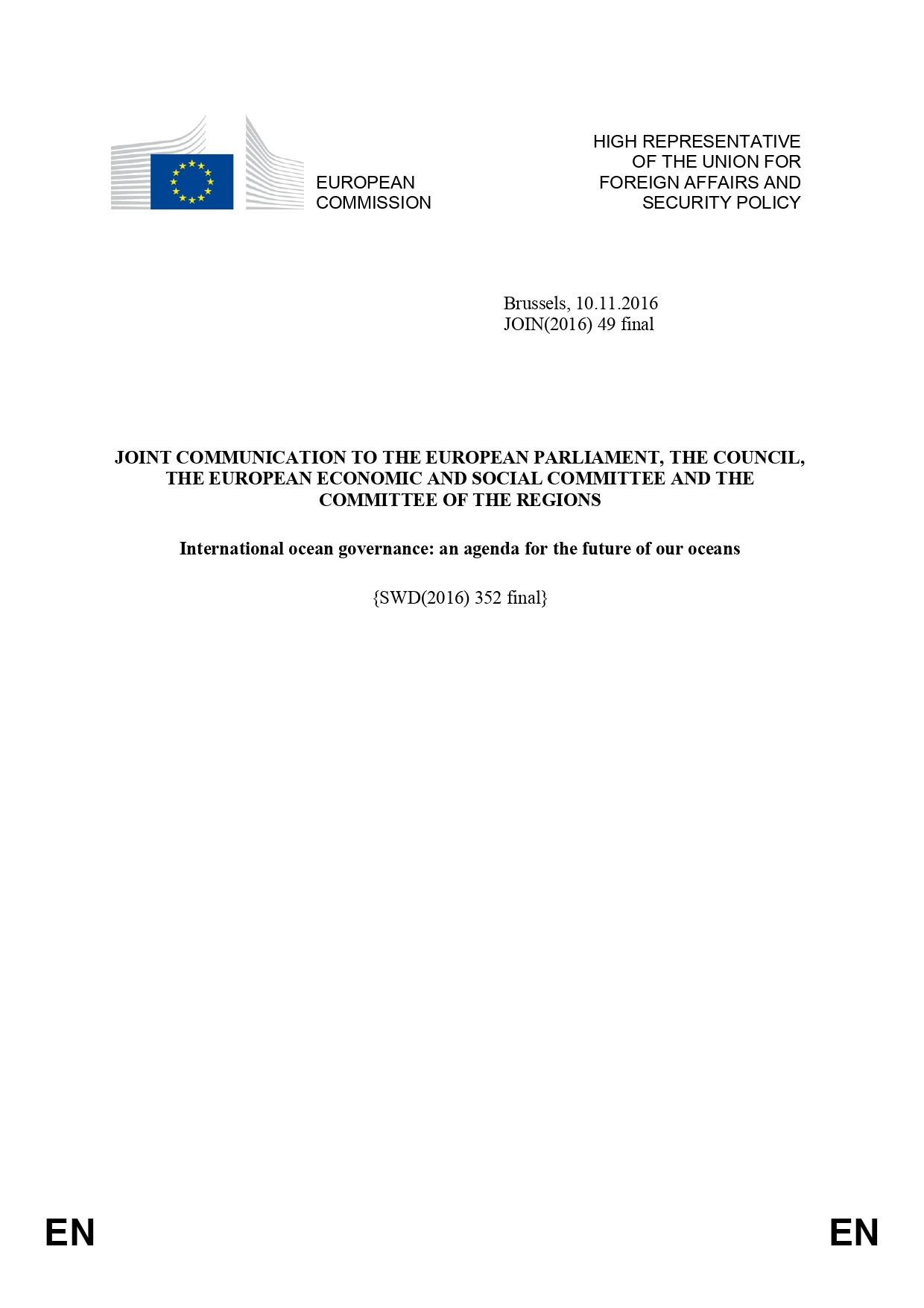
Joint Communication on the International ocean governance: an agenda for the future of our oceans
This document contains the Joint Communication to the European Parliament, The Council, The European Economic and Social Committee and the Committee of the Regions to ensure safe, secure, clean and sustainably managed oceans. The Commission and the High Representative propose 14 sets of actions in three priority areas to guarantee the later: 1) improving the international ocean governance framework; 2) reducing pressure on oceans and seas and creating the conditions for a sustainable blue economy; and 3) strengthening international ocean research and data.
Author: European Comission
Year: 2016
Keywords: governance
 7
7


 Report issue
Report issue










